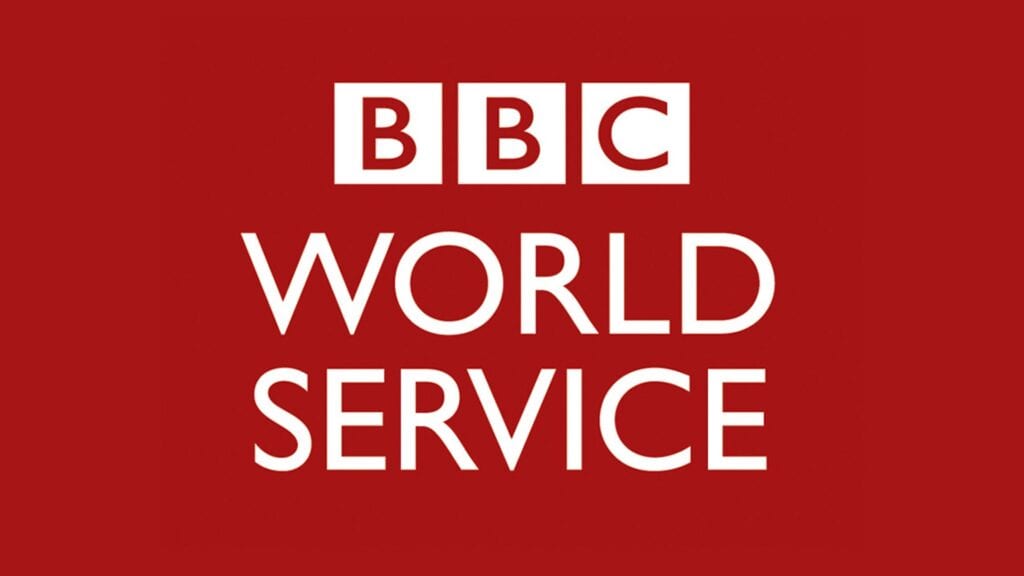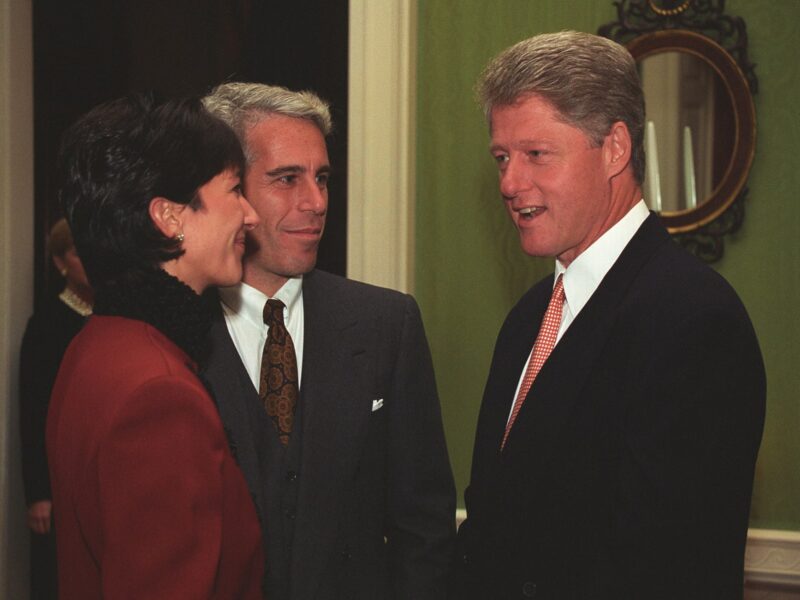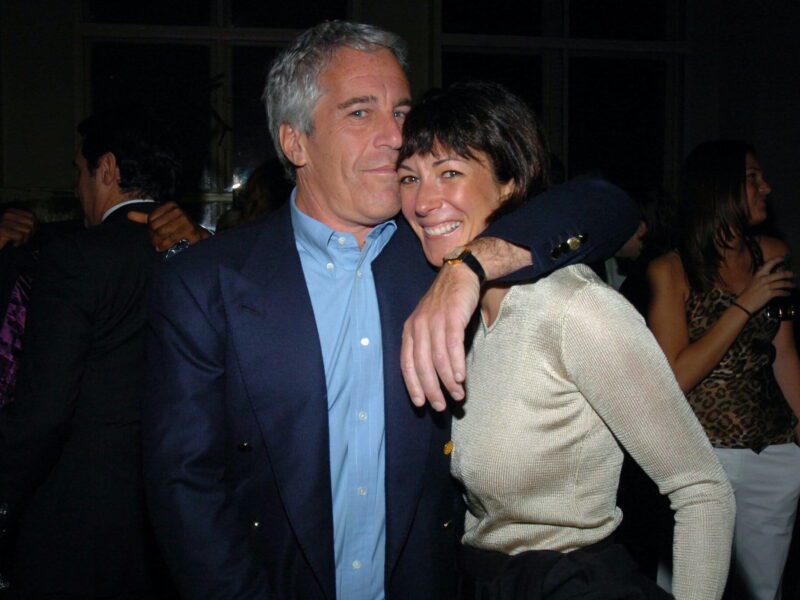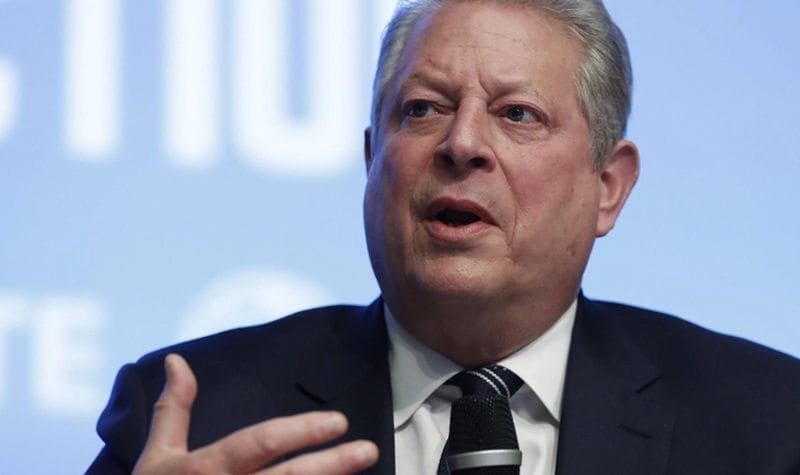
Is ‘American Idol”s Nigel Lythgoe covering up sexual assault?
Nigel Lythgoe’s journey from a BBC dancer to a television mogul reads like a script from a Hollywood drama.
Lythgoe’s career trajectory is nothing short of cinematic. Imagine a young, enthusiastic dancer with the BBC’s The Young Generation, transitioning into a choreographer working alongside stars like Ben Vereen and even the Muppets. It’s the kind of rags-to-riches story that inspires many.

But Lythgoe didn’t stop there. He shifted gears and moved behind the camera, producing shows that would define a generation.
You Bet!, American Idol, Popstars, So You Think You Can Dance, The Next Great American Band, and Superstars of Dance – these titles don’t just speak of his Midas touch in television production but also highlight his role as a pioneer in early 21st-century reality TV. His expertise even earned him the honor of an Order of The British Empire by Queen Elizabeth II in 2015.

From Praise to Controversy
However, the wheel of fortune turned, and Lythgoe found himself in the midst of a storm. In December 2023, Paula Abdul, a former colleague and judge on both So You Think You Can Dance and American Idol, filed a lawsuit against Lythgoe, accusing him of sexual assault. The allegations are not only grave but also mark a dark chapter in what was a glittering career.
Abdul’s lawsuit details disturbing encounters during their years working together. She accuses Lythgoe of physically assaulting her in an elevator, citing specific instances of unwanted and aggressive physical contact. These allegations raise questions about power dynamics in the entertainment industry.
Lythgoe’s response to these accusations was swift and unequivocal. He denied the allegations, defending himself against what he described as “deeply offensive” claims. The narrative of a revered TV producer battling serious allegations adds a complex layer to Lythgoe’s public persona.

Impact on Legacy
Lythgoe’s decision to step down as a judge on So You Think You Can Dance amid these allegations is significant. It reflects not only the gravity of the situation but also the changing landscape of accountability in the entertainment industry. Sony Pictures Television and other involved production companies have initiated investigations, emphasizing the seriousness of these claims.
The future looks uncertain for Lythgoe. Once celebrated for his contributions to television, he now faces a battle to clear his name and restore his reputation. The industry is watching closely, as are fans and critics, to see how this saga unfolds.
Will Lythgoe manage to dance his way out of this controversy, or has the final curtain fallen on his illustrious career?







